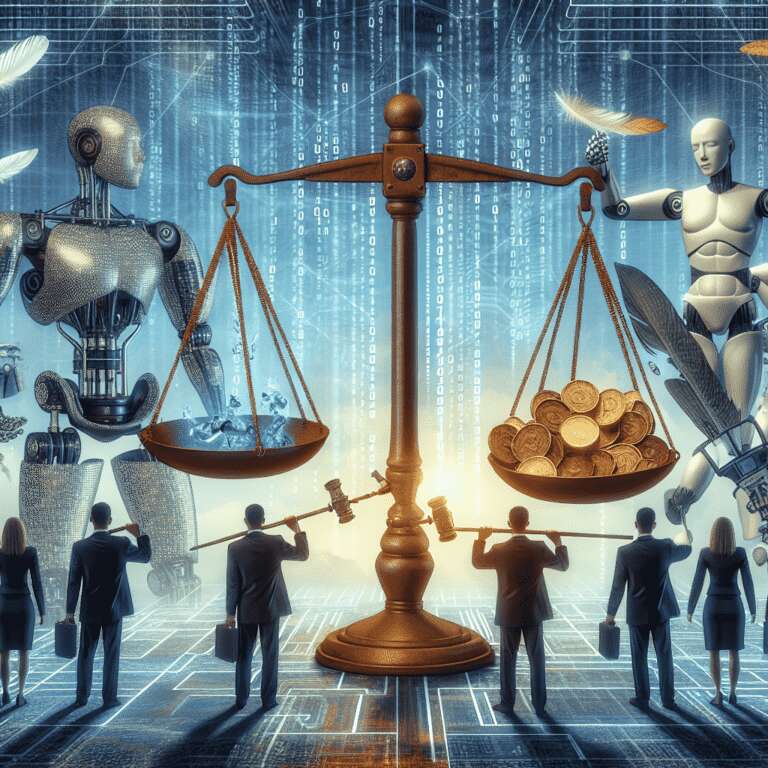The rapidly evolving landscape of Artificial Intelligence is characterized by breakthroughs in data processing algorithms, advances in video and image synthesis, and the integration of sophisticated models into diverse sectors. These innovations are enabling businesses and researchers to push the boundaries of what is possible, powering solutions that range from realistic synthetic media to enhanced automated decision-making. The acceleration in research and deployment of Artificial Intelligence is driving increasing investment and competition in the global tech economy.
However, as Artificial Intelligence capabilities expand, regulators and industry leaders are confronted with new challenges related to safety, ethics, and social impact. Issues such as transparency in algorithmic decision-making, the potential for bias in training data, and the security of generated media require robust frameworks to ensure responsible development. Policymakers are debating the implementation of new guidelines and international standards to strike a balance between fostering innovation and managing risk in both public and private sectors.
Looking ahead, collaboration across academia, industry, and government will be vital in shaping the next phase of artificial intelligence evolution. Ongoing dialogue on regulatory strategies will determine how emerging technologies are integrated into daily life and the broader economy, influencing everything from content creation to autonomous systems. As these discussions continue, the focus will remain on maximizing the benefits of Artificial Intelligence innovation while safeguarding against unintended consequences for society.

